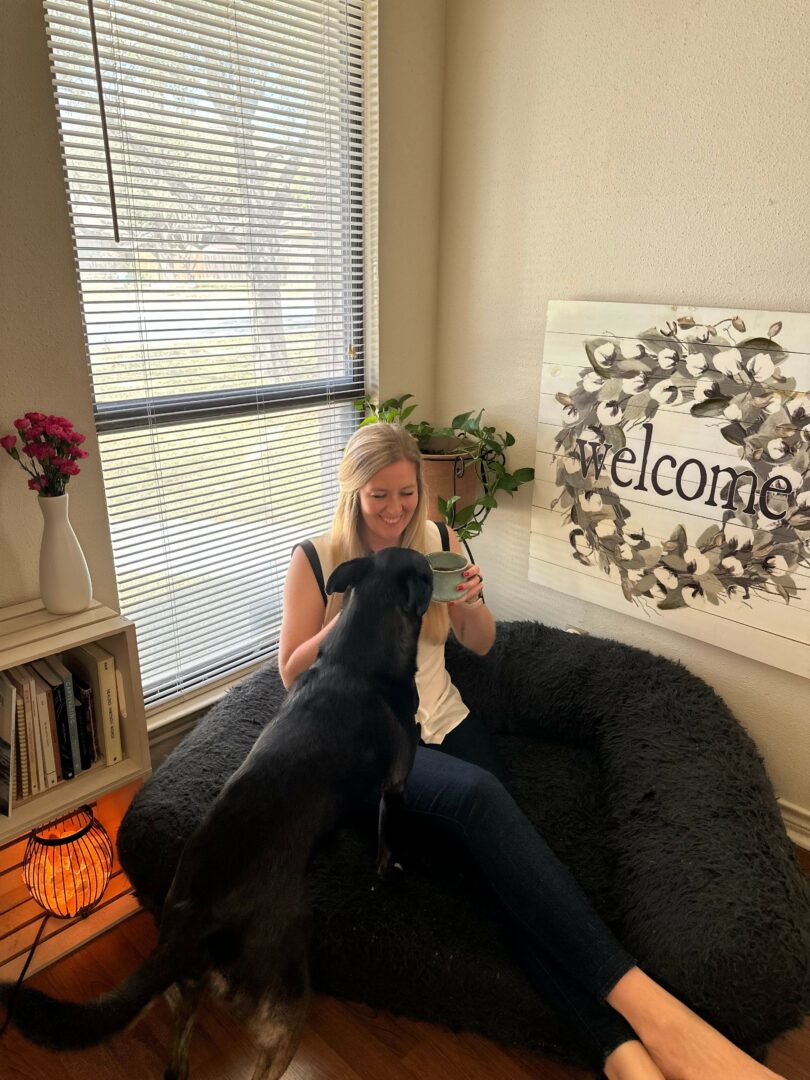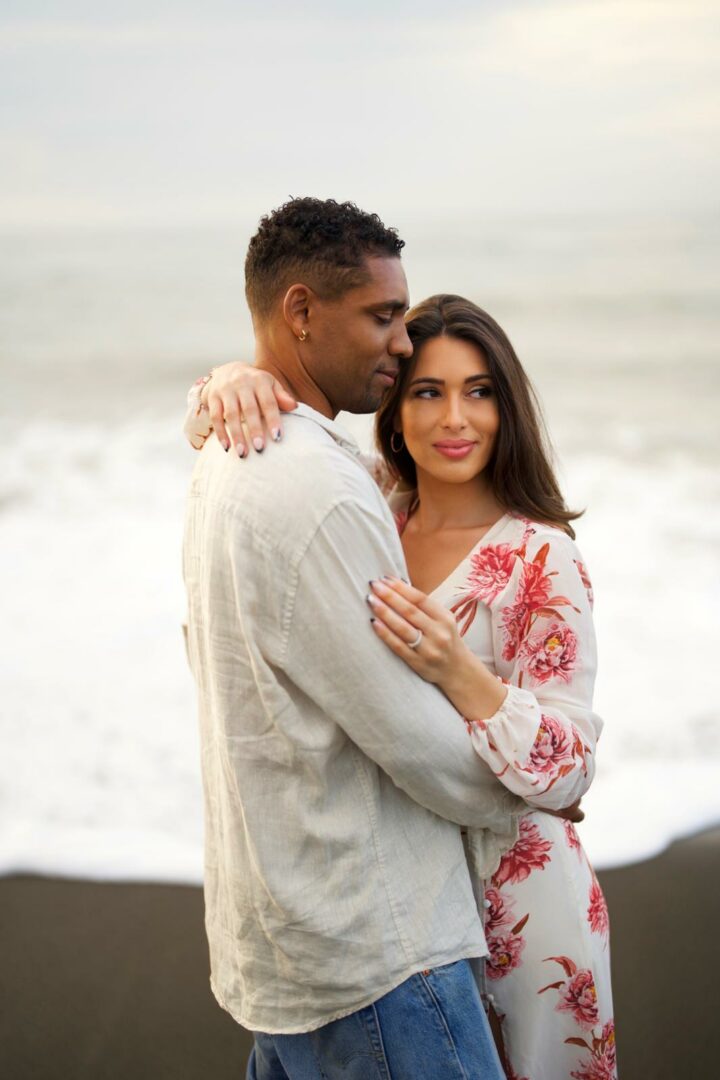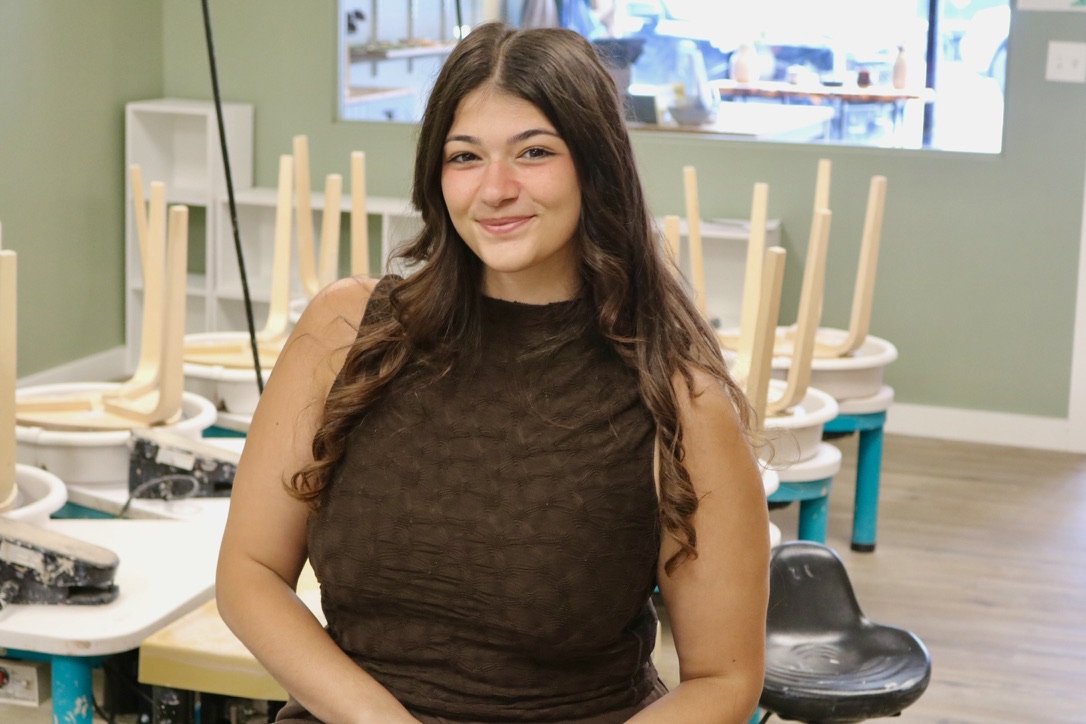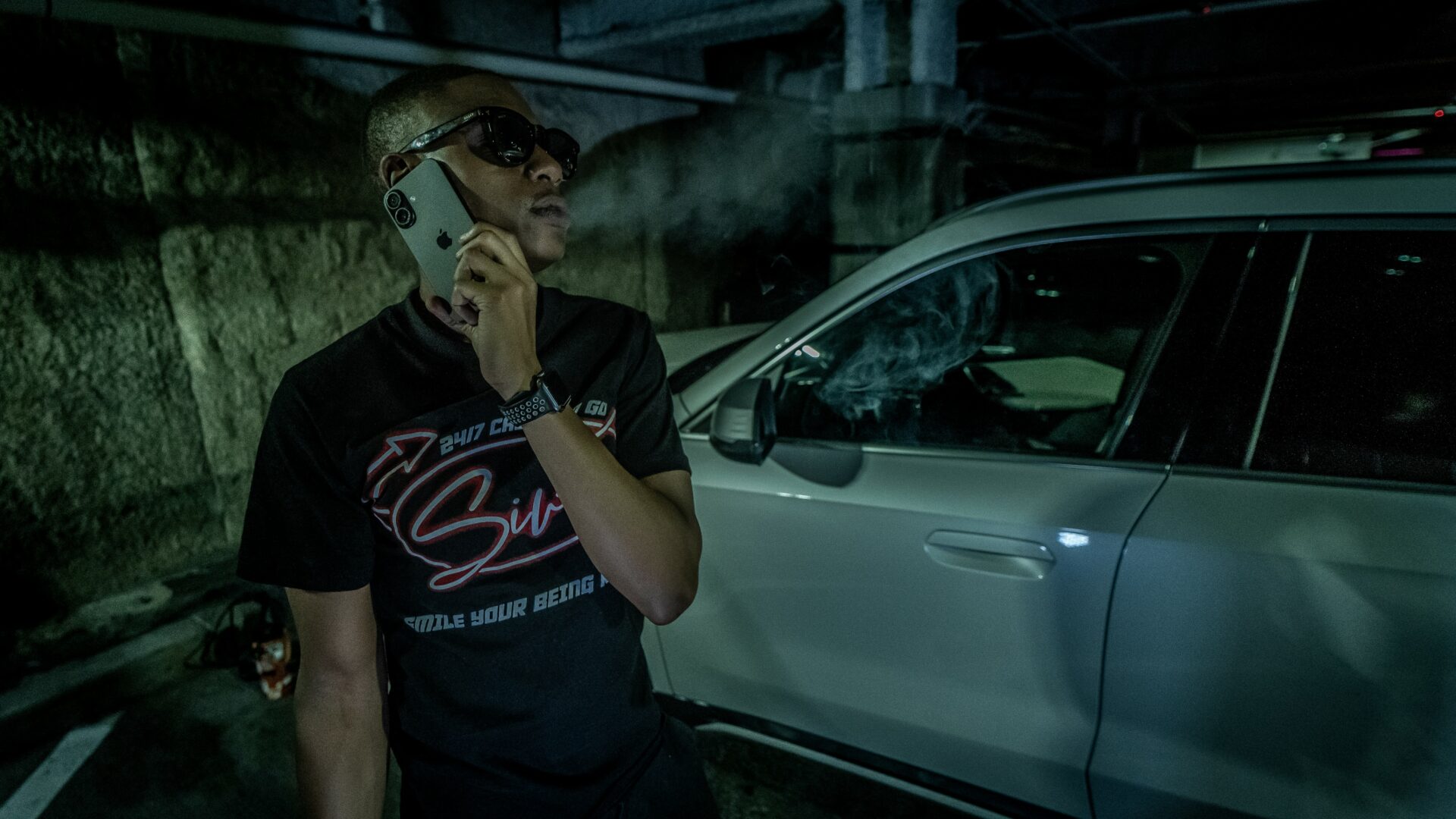We’re excited to introduce you to the always interesting and insightful Shannon Porter. We hope you’ll enjoy our conversation with Shannon below.
Shannon, looking forward to learning from your journey. You’ve got an amazing story and before we dive into that, let’s start with an important building block. Where do you get your work ethic from?
Anybody who truly knows me, knows how much I value both of my parents. I am grateful to have both of them instill such hard working and resilient values and skills for my sister and I. Of course we received talks about life, values, morals, etc. but they also walked the talk and modeled the value of a strong work ethic through their consistent efforts in how hard and diligently they worked to add value through their careers as well to provide an amazing foundation for my sister and I to launch from.
My mom has maintained her position within a security company for almost 40 years despite the transition of owners several times throughout the years. My dad made a career of the military and ended his military career as a Chief Master Sergeant of his wing. I’ve always known my parents are special and have given so many pearls of wisdom throughout the years, but more recently attending my dad’s retirement ceremony and hearing many people talk to him or give speeches about the leader and role model he has been makes me all the more proud.
Growing up, I was fortunate to be able to play competitive volleyball and that gave me the experiential piece to practice the skills of work ethic. Naturally, in competitive sports you often have to try out to make the team and from there work hard to gain a starting position. As my dad often quoted from our favorite movie, “you got to have miles and miles of heart” and that would give me the courage to keep pushing through the face of adversity- whether it was playing through sickness, injuries, or facing a team where we were the underdog.
I knew all along playing volleyball was teaching me life skills, but now as an adult I have seen countless times how much that foundation has shaped my ability to continue pushing through adversity- whether it was through the rigorousness of grad school, attaining hours for licensure, or now working to launch my own practice.

Great, so let’s take a few minutes and cover your story. What should folks know about you and what you do?
I have been practicing the art of therapy for 7 years and deeply love what I do. I’ve practiced in a variety of settings such as working in private practice under a licensed supervisor, school settings, and a local mental health authority and non profit agency that serves underserved populations.
Most recently, I have been working on starting my own online therapy practice as I’ve loved the ability to build my brand and work more freely with clients in a collaborative way on treatment options, approaches in therapy and treatment duration. I love working with individuals with a history of trauma, self-development and identity development as well as couples who need additional tools to help heal and enhance their relationship. I take a trauma-informed approach in everything I do with clients because as a nervous system nerd, I know that if we don’t integrate somatic and nervous system healing, then we’re only touching a surface level of healing. What this looks like is helping individuals and couples conceptually understand their own patterns of how they relate and interact with themselves, others and the world. I then take this a step further by helping them learn to integrate this into their body through modalities such as breath-work, mindfulness practices and client-identified healing mechanisms (this could be things like walking in nature, more intensive workouts, fishing, journaling, etc.). Our nervous system informs everything that we do and is crucial to integrate into treatment. As my favorite teacher, Melissa Aguirre, often says, “it’s just a rumor until it lives in the body”.
I’ve named my practice “the heart dwells” because I believe it’s possible to heal our own home within. This is adapted from the framework of Internal Family Systems (IFS) that hinges on the idea that we have different parts of ourselves that intend to help keep us safe but sometimes end up warring against each other or working too well in a sense that causes problems. For example, one potential reason of anxiety is to help us avoid pain- however, subconsciously used to the extreme, it can interfere in our relationships or keep us from engaging in activities that would be life-giving. Through treatment, I help my clients reintegrate these different parts so they are able to live in harmony within and find their own safe home within their heart.

Looking back, what do you think were the three qualities, skills, or areas of knowledge that were most impactful in your journey? What advice do you have for folks who are early in their journey in terms of how they can best develop or improve on these?
There are many different qualities and skills that I think are invaluable. However, the first three that come to mind are resiliency, discipline and curiosity.
Inevitably, we all face adversity in life. That’s a given. If I reframe this, adversity gives us the opportunity to refine our character by learning more about ourselves and seeing what we’re really made of. Resiliency is needed because some blows in life will knock us down and that’s okay. It’s important to allow ourselves to feel the sting of the pain and also, to learn from it, get back up and keep pushing forward. Resiliency is that ability to dig deep, bounce back and keep going. There are so many beautiful metaphors in nature if we look- such as gold being purified by the fire, a Phoenix rising from the ashes, or butterflies going through the metamorphosis from caterpillar to cocoon before it spreads its beautiful wings.
I’ve learned (and continue to learn), that motivation is not always going to be there, unfortunately. This is where discipline comes in- to build that muscle to chase after the things that set your heart on fire, it will take a lot of discipline. We live in an instant society and sometimes, it can be hard to remember that most successes weren’t built overnight and we don’t see the many days, nights, sometimes even years to see that success come to fruition. Successes are built by consistent actions of showing up again and again especially when the motivation isn’t there.
Lastly, curiosity is crucial. Naturally, as a therapist and innately curious person, I think it’s imperative to remain open and curious to learning. I had a supervisor once say that if we remain curious, we won’t have room to judge. It can be easy and instinct to judge, especially ourselves, but if we remain open and curious to understand why we did or said what we did; curious to understand the context of the situation; or curious to understand the upbringing and foundations laid in our early development years, I think we’d find more understanding, peace and patience. This is how we continue to grow and expand. I believe we all have an innate desire to be understood; but to be understood and to understand others, we must remain curious.

As we end our chat, is there a book you can leave people with that’s been meaningful to you and your development?
I’m such an avid reader it’s hard to pick just one. I have more of my favorites listed on my resources tab of my website; however, most recently one that’s played a huge role in understanding myself and others, is Anchored by Deb Dana. In this book, Deb Dana makes polyvagal theory friendly, easy to understand and gives practical tools to use to help regulate. This book walks you through understanding your nervous system (the fight/flight/freeze response or the rest and digest) which I firmly believe informs every aspect of our life.
As someone who can easily feel anxious, identifying when I’m in my fight/flight response and then having tools to help myself regulate, I feel more empowered to walk myself through trying moments. We all have our own instinctual responses to people, situations and experiences and we can sometimes wonder afterwards, “why did I respond like that?”, but with polyvagal theory, we are given answers to understand how and why we respond the way we do as well as identify tools to help ourselves regulate through tough emotions.
Contact Info:
- Website: https://www.theheartdwells.com/

so if you or someone you know deserves recognition please let us know here.




